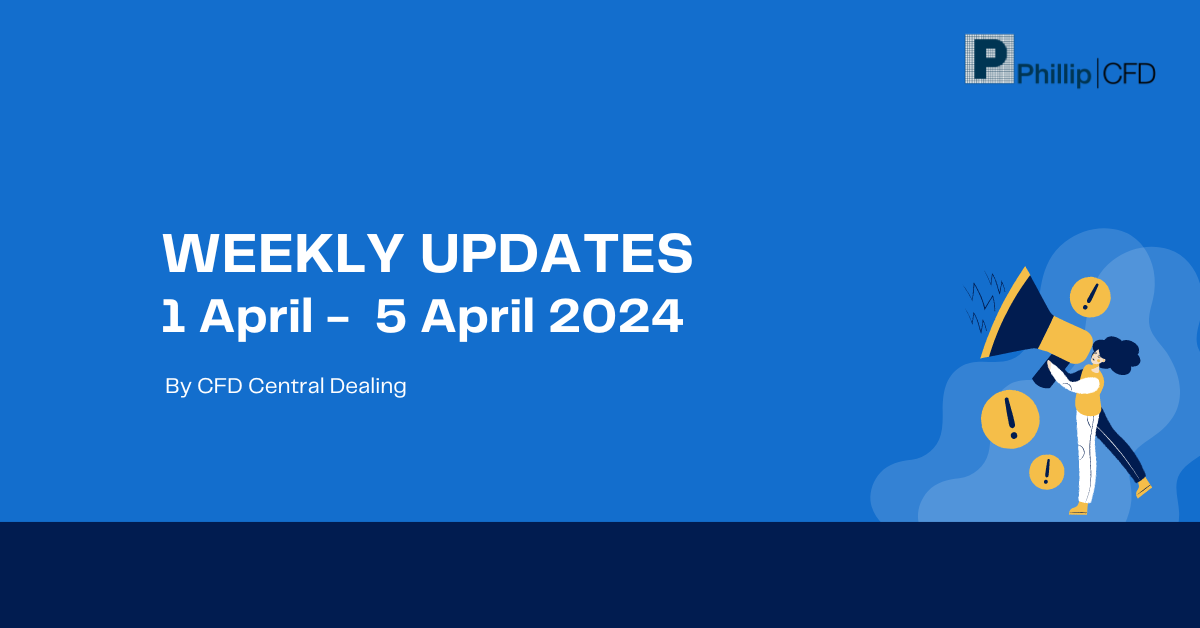Online trading
Table of Contents
Online trading
In recent years, stock trading has been as straightforward as online shopping. It has become a reasonably popular way to buy and sell financial items online. Brokers are now available online, and their platforms provide various financial products, including stocks, bonds, futures, commodities, and ETFs. With a smartphone, an investor may participate in trading while relaxing in a coffee shop or from his home.
What is online trading?
Online trading is buying and selling assets over the internet using a brokerage’s proprietary trading systems. With the development of accessible high-speed computers and internet connections in the middle to end of the 1990s online trading rose significantly. Online trading is available for stocks, bonds, mutual funds, options, futures, and currencies. It is also referred to as self-directed investing or electronic trading.
Understanding online trading
In the past, investors used to call their broker to execute a trade on their behalf. They could contact their broker via phone or in person. There was no other option, and the entire process took a while.
The broker would confirm the order’s duration, the account from which to withdraw funds, and other details. Today’s world is one of the do-it-yourself projects thanks to online trading. Online traders can, therefore, independently buy and sell financial securities. They are capable of performing several trades on their own.
Comprehensive information about businesses, markets, exchanges, and other topics is available via online brokers and websites. People from all walks of life now have access to the world of investing thanks to the internet. Today, people from all socioeconomic backgrounds can perform trades besides the wealthy.
How does online trading work?
Online trading is a reasonably common way to buy and sell financial products. To open an account, you must provide your personal information. Your buy order is recorded in the databases of the trading member platform and the exchange platform when it is placed on an online platform. Both parties approve the process if the pricing complies with the user’s requirements and he confirms the order.
According to the Federal Reserve Board, you need at least 50% of the price of the stock you want to buy in your account. In other terms, if you want to buy US$4,000 worth of stock, you need at least 2,000 US$ in cash and stock in your account.
You can buy and sell stocks once your account has been created and funded. You need a real-time stock quote to validate the stock’s current price. Real-time quotations could be a part of your brokerage’s service.
You should research before investing in any firm, especially by analysing financial statements and annual reports and checking up on your brokerage.
While planning to participate in an IPO, you should consult the SEC’s Electronic Data Gathering, Analysis & Retrieval (EDGAR) system. Periodic reports from American and international businesses are included in EDGAR. By law, you must provide information to EDGAR.
Benefits of online trading
The benefits of online trading are:
- Without ever speaking to your broker, you can buy and sell. Due to this, online trading appeals to traders who lack the resources to use full-service brokers.
- Online trading allows you more control over your finances. Online trading allows you to trade whenever you want, and you may make your own decisions without a broker’s input.
- To track your investing success and conduct independent research, your online trading platform includes a wealth of sophisticated tools and interfaces. You can view current gains or losses whenever you log in from your phone or computer.
- You pay extra when a broker places your transactions.
Example of online trading
You can open an account with an online broker and trade directly on the broker’s website..
Make sure you understand the risks involved. Trading is risky, and you can lose money if you’re not careful. Additionally, start with a small amount of money and only risk what you can afford to lose. Lastly, don’t forget to diversify your portfolio. Don’t put all your eggs in one basket.
That said, online trading can be a great way to grow your investment portfolio and make some extra money. Just be sure to do your homework first and always remember to trade responsibly.
Frequently Asked Questions
To trade online, select a broker and stocks after thorough research. Further, create a trading account, learn how to trade stocks and make smart investment choices.
While beginning an online trading portfolio, several factors must be considered.
- Finding a trustworthy broker who meets your trading needs and objectives is crucial. You must open and fund a trading account after choosing a broker.
- The next step is to do market research and decide which assets you wish to trade. Creating a trading strategy that considers your financial objectives, risk appetite, and asset acquisition and disposal methods is crucial.
- You can start trading as soon as you have a strategy in place. Market volatility should always be kept in mind, so keep an eye on your holdings and ensure your losses stay within your risk tolerance.
Online trading is typically to trade own your own. In contrast, offline brokers may give you advice and execution service.
Before beginning online stock trading, one should always remember to research all aspects of trading, take measured risks with money, and continue learning about the outs and ins of online stock trading.
A stockbroker who executes buy and sell orders at a lower commission rate than a full-service broker is known as a discount broker. Unlike full-service brokers, discount brokers do not offer investment advice or conduct analyses on their client’s behalf.
Related Terms
- Secondary Market
- Subordinated Debt
- Basket Trade
- Notional Value
- Speculation
- Quiet period
- Purchasing power
- Interest rates
- Plan participant
- Performance appraisal
- Anaume pattern
- Commodities trading
- Swing trading
- Interest rate risk
- Equity Trading
- Secondary Market
- Subordinated Debt
- Basket Trade
- Notional Value
- Speculation
- Quiet period
- Purchasing power
- Interest rates
- Plan participant
- Performance appraisal
- Anaume pattern
- Commodities trading
- Swing trading
- Interest rate risk
- Equity Trading
- Adverse Excursion
- Booked Orders
- Bracket Order
- Bullion
- Trading Indicators
- Grey market
- Intraday trading
- Futures trading
- Broker
- Head-fake trade
- Demat account
- Price priority
- Day trader
- Threshold securities
- Quantitative trading
- Blockchain
- Insider trading
- Ex-dividend date
- Equity Volume
- Downtrend
- Derivatives
Most Popular Terms
Other Terms
- Physical ETF
- Initial Public Offering
- Buyback
- Secondary Sharing
- Bookrunner
- Notional amount
- Negative convexity
- Jumbo pools
- Inverse floater
- Forward Swap
- Underwriting risk
- Reinvestment risk
- Final Maturity Date
- Payment Date
- Margin Requirement
- Mark-to-market
- Pledged Asset
- Yield Pickup
- Trailing Stops
- Treasury Stock Method
- Stochastic Oscillator
- Bullet Bonds
- Contrarian Strategy
- Exchange Control
- Relevant Cost
- Dow Theory
- Stub
- Trading Volume
- Going Long
- Pink sheet stocks
- Rand cost averaging
- Sustainable investment
- Stop-limit sell order
- Economic Bubble
- Ask Price
- Constant prepayment rate
- Covenants
- Stock symbol
- Companion tranche
- Synthetic replication
- Bourse
- Beneficiary
- Witching Hour
- Widow and Orphan stock
- Public Float
- Closing Price
- Reverse stock splits
- Prepayment risk
- Interpolation
- Homemade leverage
Know More about
Tools/Educational Resources
Markets Offered by POEMS
Read the Latest Market Journal

Back in Business: The Return of IPOs & Top Traded Counters in March 2024
Start trading on POEMS! Open a free account here! At a glance: Major indices continue...

Weekly Updates 15/4/24 – 19/4/24
This weekly update is designed to help you stay informed and relate economic and company...

From $50 to $100: Unveiling the Impact of Inflation
In recent years, inflation has become a hot topic, evoking strong emotions as the cost...

Japan’s Economic Resurgence: Unveiling the Tailwinds Behind Nikkei 225’s Record Leap
Source: eSignal, Intercontinental Exchange, Inc. In the heart of Japan’s economic landscape, the Nikkei 225...

Weekly Updates 8/4/24 – 12/4/24
This weekly update is designed to help you stay informed and relate economic and...

What Makes Forex Trading Attractive?
In a world where the click of a button can send goods across oceans and...

Weekly Updates 1/4/24 – 5/4/24
This weekly update is designed to help you stay informed and relate economic and company...

How to soar higher with Positive Carry!
As US Fed interest rates are predicted to rise 6 times this year, it’s best...












